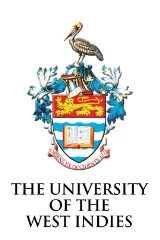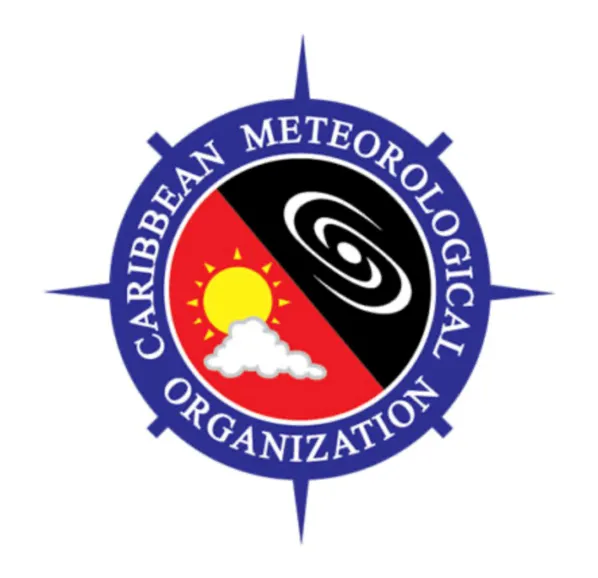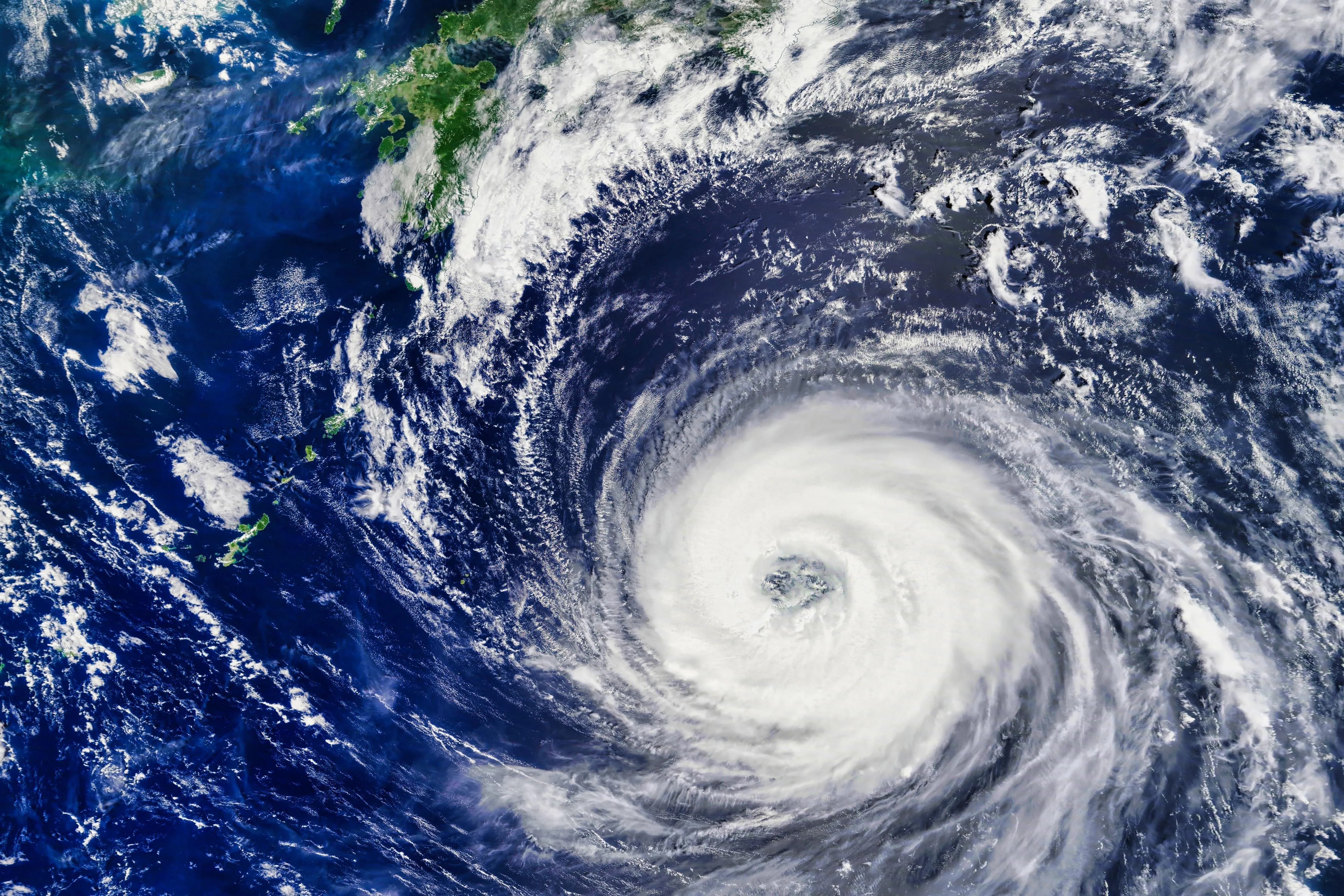The International Relations of Tropical Storms in the Caribbean
King’s College London and the University of the West Indies are pleased to announce the commencement of a new ESRC funded three-year research project exploring the International Relations of Tropical Storms in the Caribbean.
Tropical storms and Hurricanes are becoming more destructive because of climate change, causing significant harm to infrastructure, property, and claiming hundreds of lives worldwide. These implications are sharply felt in the small island developing states of the Caribbean. International cooperation is essential to prepare for and manage the impacts of tropical storms and hurricanes, share resources and expertise across borders, and coordinate relief efforts. Yet international collaboration faces rising risks in a troubled international order. It is vital for those exposed to the impacts of destructive weather events that challenges to international cooperation are identified and overcome now.
This research project advances understanding of the risks to international cooperation and seeks to improve international policy and practices that support the resilience and security of vulnerable states and people in the Caribbean region.
Aims
This multidisciplinary and inter-institutional project aims to:
- Examine the history of how states and societies interact and co-develop in relation to tropical storms in the Caribbean to understand how these interactions have shaped—and continue to shape—international orders.
- Map the field of international expert actors involved in the prediction, disaster mitigation, and response to tropical storms in the Caribbean to gain insight into how international cooperation functions today.
- Investigate the relationship between the Caribbean Meteorological Organisation and the World Meteorological Organisation to better understand risks to international cooperation in addressing the impacts of climate change.
- Identify barriers to international cooperation in the prediction, mitigation, and response to tropical storms in the Caribbean and develop recommendations for improving international meteorological collaboration in a shifting global order.
Methods
Research Approach and Methodology
- Theoretical and Historical Analysis
- Examine how hurricanes have historically shaped international relations in the Caribbean.
- Analyze how climatic and meteorological conditions influence regional and international political orders.
- Explore the intersection of climate change, international cooperation, and the legacies of colonialism in shaping global and regional responses to extreme weather events.
- Investigate how cooperation between the WMO and CMO can be enhanced to address vulnerabilities in an increasingly complex and fragile global order.
- Q Methodology and Stakeholder Interviews
- Use Q methodology to analyze the perspectives of practitioners engaged in international cooperation for hurricane prediction, warning, response, and recovery.
- Identify perceived barriers to cooperation and potential interventions to strengthen international efforts in the region.
- Conduct semi-structured interviews with key stakeholders to deepen understanding of challenges and opportunities for improvement.
- Workshops and Data Visualization
- Hold workshops to engage stakeholders in discussing findings, refining insights, and identifying actionable solutions.
- Develop visual maps to represent findings, highlighting key challenges, perspectives, and policy recommendations.
Impact
International order is facing a moment of crisis. Repeated statements of the scientific consensus that climate change is already having enormous impacts have not resulted in the decisive international action needed. It is therefore likely that the widely touted 1.5°C warming will be significantly overshot, with huge implications for people’s lives worldwide. Increases in global rainfall and sea level rise mean climate change is expected to result in increasingly cataclysmic weather events. Climate scientists predict an increase in the proportion of the most intense cyclones, termed tropical storms and hurricanes when winds reach 74 mph. Responding to these events requires ever-greater international cooperation for the purpose of monitoring, warning, preparedness, and assistance. The failure to prevent climate change exposes the weakness of international cooperation today, yet its effects will demand more and more cooperation in the future.
The key international actors in responding effectively to tropical storms and hurricanes are the World Meteorological Organization, a United Nations agency, and its regional partner, the Caribbean Meteorological Organization, which work together to support the international cooperation and coordination necessary for monitoring and prediction, early warning, societal resilience, disaster assistance, response, and recovery.
International meteorological cooperation is essential to managing the destructive impacts of climate change, but it faces emerging challenges today. Norms and patterns of state behavior are transforming, international power relations are shifting, and the historical inequities linked to colonialism that underwrite unequal vulnerabilities to climate change are widely recognized. Climate change is entangled with ongoing systemic shifts in international relations, producing risks to global security and resilience. This project proposes that by focusing on those professionals and experts working at the frontline of responding to climate impacts in creating ever more destructive weather events, we can bring new thinking about international cooperation and resolve some of the key challenges facing international order today.
Our Partners

University of the West Indies

World Meteorological Organisation WMO

Caribbean Meteorological Organisation CMO

Principal Investigator
Affiliations
Funding
Funding Body: Economic and Social Research Council (ESRC)
Amount: £994,028.99
Period: October 2024 - October 2027

